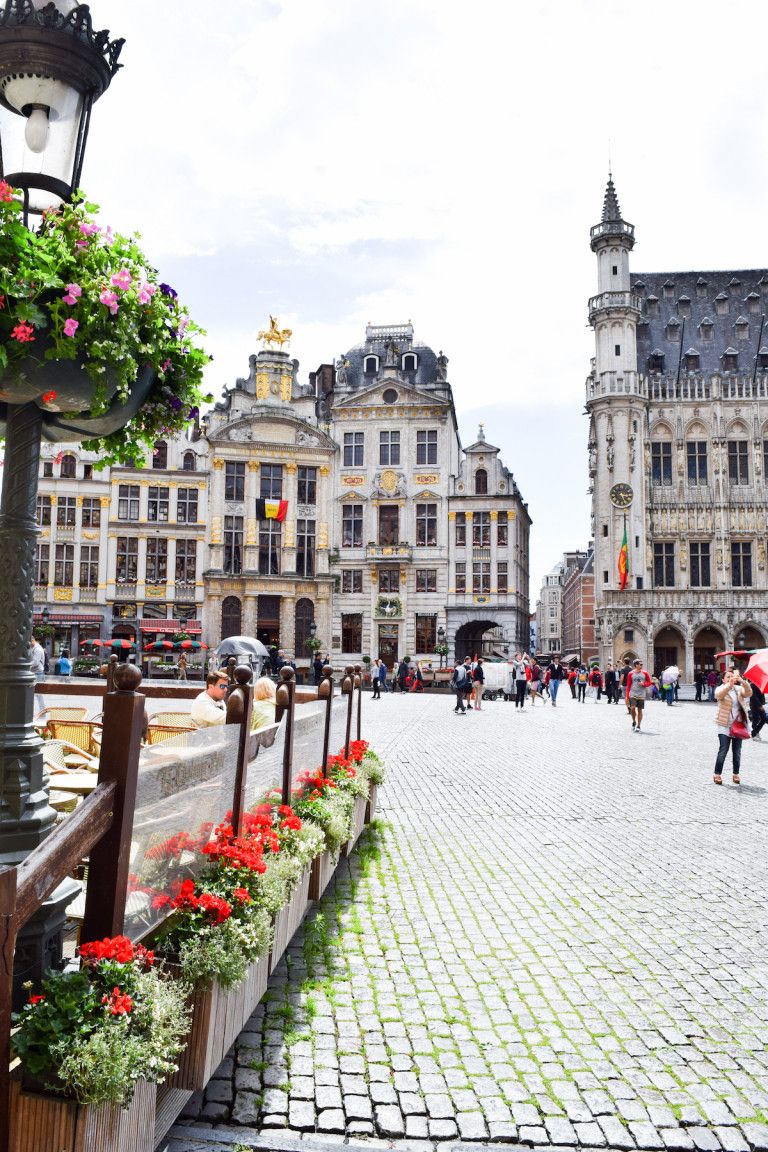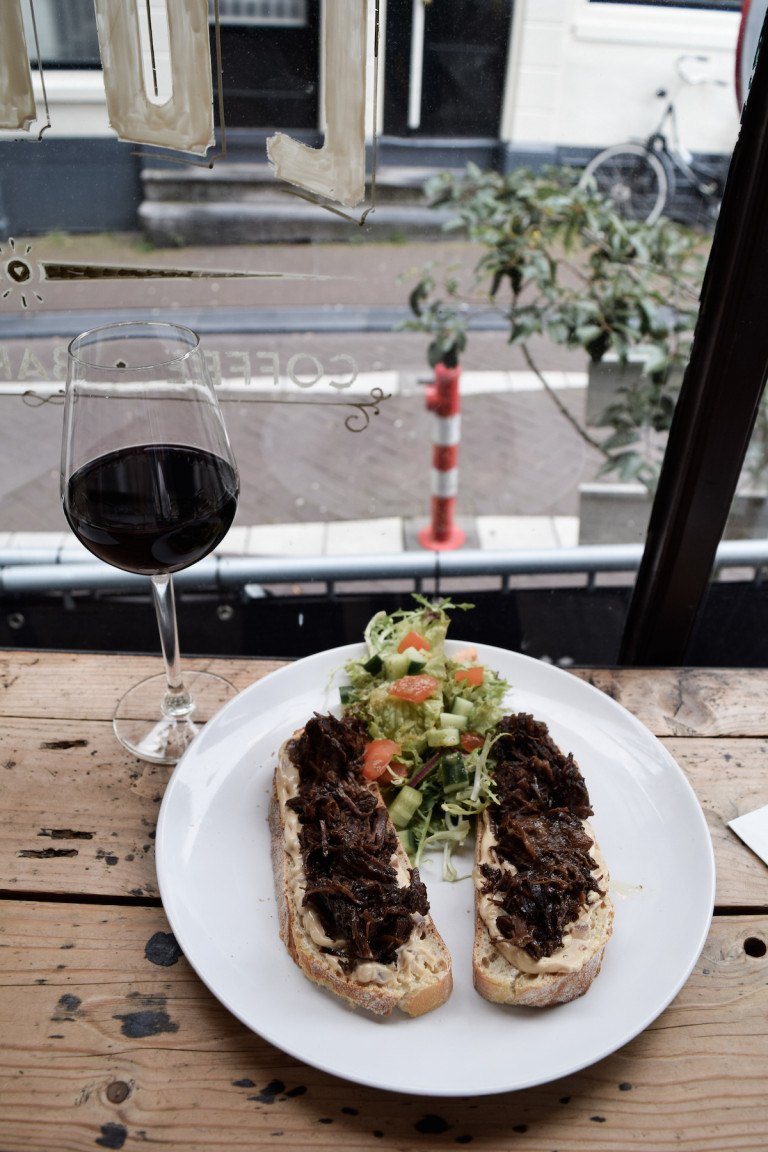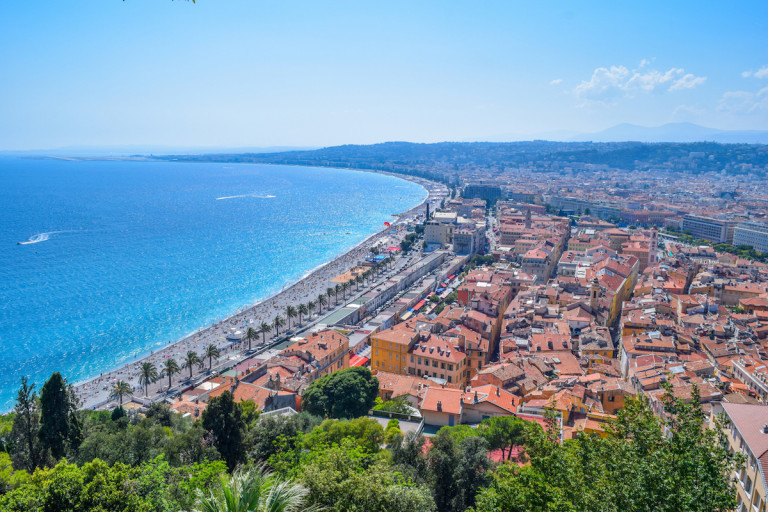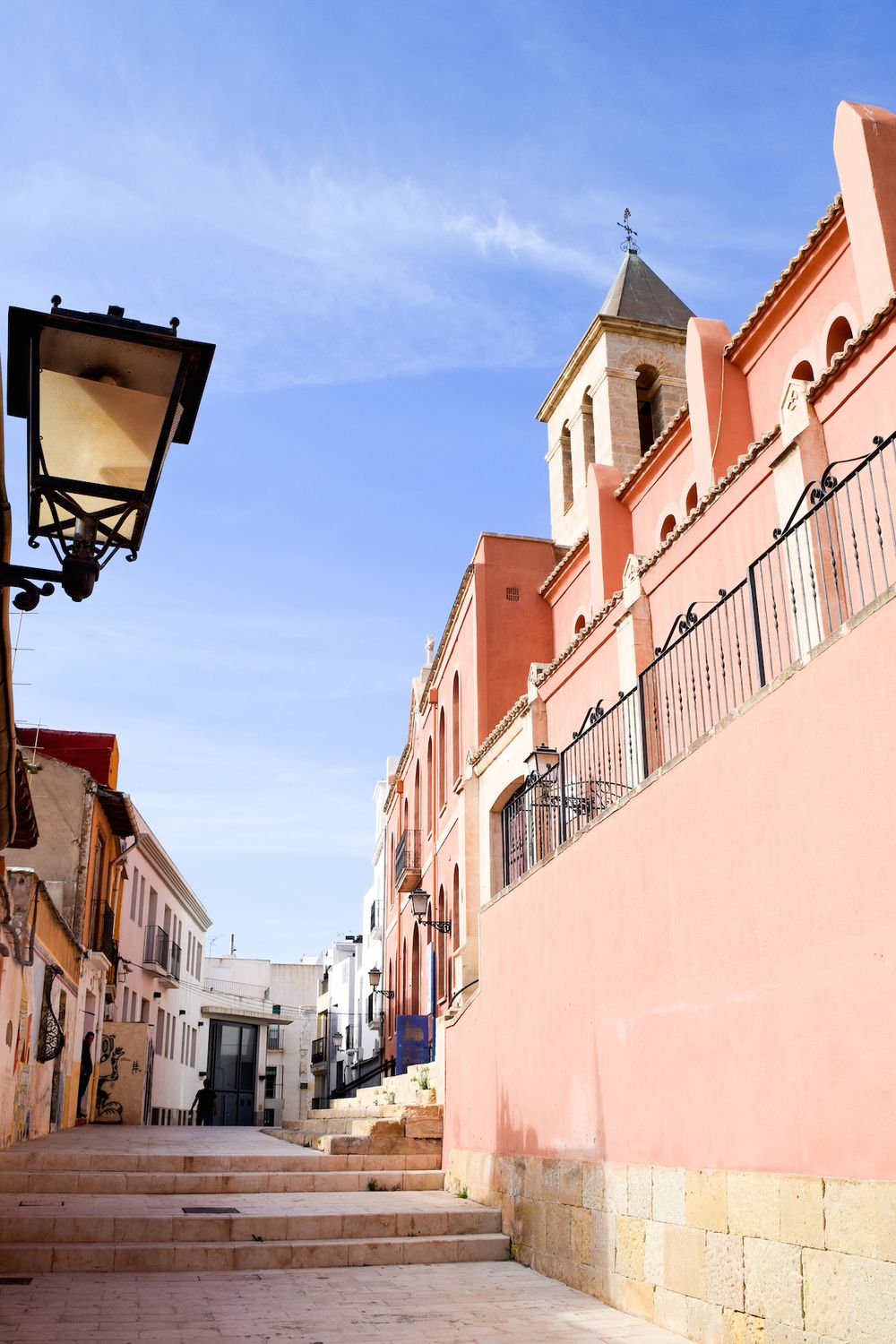12 Europe Travel Tips for First-Time Travelers
Culture Travel may earn a commission through links on this website. As an Amazon Associate, we earn from qualifying purchases.
Working remotely has its perks – and nonstop travel is one of them! I spent the majority of a year crossing the Atlantic multiple times to stay as long as I could legally (3 months) in Europe. During that time, there were many ups but also many lessons learned, which I’d like to share with you today.
1. The Customer is Always Wrong
In America, we are used to the customer generally being treated with respect and priority. In France and some other countries, the situation is the opposite. The French are not interested in customer service. Once I purchased a SIM card from SFR in order to tether my iPhone as an internet connection. I had done this many times before in the US. I asked the sales associate if it would work with the SIM card and he assured me it would.
Sure enough, it doesn’t work. He asks me to upgrade my iPhone operating system. I need to delete apps to do this, but I agree. We try again, but nope, it doesn’t work. Finally, he asks a colleague. She tells us that this SIM card blocks that capability, and there’s no way around it.
Now, if this were to happen in the US, I would be refunded since I was clearly misled by the sales associated. Not in France! SFR refused me a refund entirely and I was stuck with a $50 SIM card I had no use for.
2. Train Schedules Can Change
I had a train booked from The Hague to Berlin with one transfer in Amersfoort. I just so happened to check with the train conductor before boarding that the train was in fact going to Amersfoort. He said no, there had been a change and I would have to get off and transfer at another stop nearby.
Not a huge deal of course, but it is when all the cities are super foreign-sounding! Luckily the change was quite easy as the station was small, but I would have had no idea about the change if I didn’t ask since announcements were not made in English. Since then, I always double check my train is going where I think it is before boarding!
3. “Wifi” on Airbnb Doesn’t Always Mean Wifi from a Router
I rented an Airbnb apartment in Aix-en-Provence once. All went well until I asked for the wifi password. My host seemed surprised, “You need wifi?” I responded “Yes.” She said she needed another device and would return in the evening. Strange, I thought.
To my surprise, when my host returned that evening she did not bring a router, but a portable wifi device! Now, if the device functioned properly this might have been even more useful as I could carry the connection with me as I explored the city, but, the device barely worked.
Now, I always check with the host to determine the wifi situation before booking a place!
4. Don’t fly Easyjet
If you decide to fly EasyJet, prepare for your flight to be delayed or even canceled. You should arrive at least 2 hours early for flights in the high summer season. I took an EasyJet flight from Nice to Brussels once, and there were four other flights departing at the same time! I just barely made the flight because of how many people were trying to check in at the same time. This is the price you pay for a “low-cost” airline. Fewer employees mean slower check-ins.
5. When given the option between paying in USD and EUR, choose EUR!
For some reason, credit card machines can now offer you a choice between your home currency and the local currency. If you’re a savvy traveler, you’ll already have a fee-free credit card (or debit card) to make purchases in local currency. You should always choose this option if you do. If you choose your home currency, a fee is generally tacked on that you’re unaware of and thus you’re paying more than you would if you choose the local currency.
6. Reserve a seat on all trains you book
Research trains ahead of time. I recommend purchasing from Trainline, a site that accepts American credit cards at no extra fee (Most European train operating websites do not accept American cards at all!). On a train from Amsterdam to Berlin I got caught without a seat because I was used to the French SNCF system which books a seat for you automatically!

7. Mastercard/VISA is not accepted everywhere you go
In the Netherlands, the grocery store I went to only accepted a Dutch card called Maestro. I ended up having to pay in cash as I didn’t have a card they accepted. Be sure to always have cash on hand in general because their credit card minimums tend to be higher than in the US.
8. The Stores’ Closing Time Isn’t Actually the Closing Time
Subtract anywhere from 10-15 minutes. At Monoprix in Avignon, I arrived at 6:49pm, because the store said it was closing at 7pm. I knew exactly what I needed to buy, but I was refused entrance because they were “closing soon.” I’d recommend arriving at least 20 minutes prior to closing.
9. Be Cautious When Accepting Favors
Generally, as a solo female traveler, people will go out of their way to help you – like the man in Ulm, Germany, who carried my suitcase upstairs for me after we left the train platform and was super, super nice about it!
Unfortunately, not everyone continues with their day after helping you. They may ask you for money afterward, like this one time in Italy, when a man offered to carry my suitcase up a flight of stairs on a train platform. I accepted the offer thinking it would be just like in Germany, but when we reached the platform, he started asking me which car I was assigned to so he could carry it there. I knew at that point something was off, so I said it wasn’t necessary and that I could carry it myself from there. He then proceeded to ask me for money.
What a bummer. Lesson learned – be careful who you accept favors from. If you can do it yourself, you’re better off!
10. You can get around an airline telling you they need to hold your suitcase under the plane.
Occasionally, airlines will try to check your bag on small flights at the gate even if it is technically within the carry-on size. This happened to me on my connecting flight from Lisbon to Barcelona. To get around this, simply remove the tag they put on the handle before you get to the plane door – especially if you see others holding suitcases without check-in tags. Proceed on the plane as normal. (PS. Do this at your own risk.)
11. The are rarely screens in windows
Be prepared for bugs to fly inside when you open the window. I’ve never seen a screen on a window in Europe. I guess it’s not their thing!
12. Just because the Pedestrian light is green, doesn’t mean cars won’t go
In Europe, sometimes cars have the right to go through crosswalks, as long as no pedestrians are in the street. Meaning if you’re about to step on the crosswalk, a car could come racing through totally legally. They are supposed to stop for pedestrians, but some don’t (especially in Paris) so just be on the lookout.
What have you learned that surprised you when traveling through Europe?





